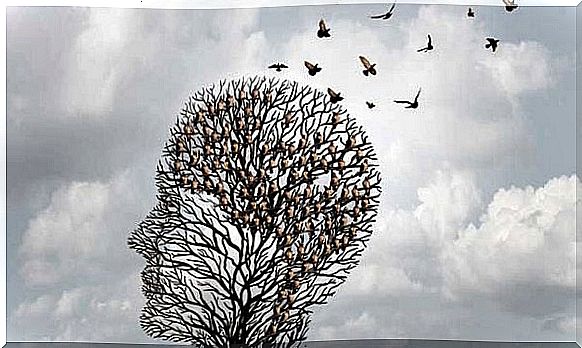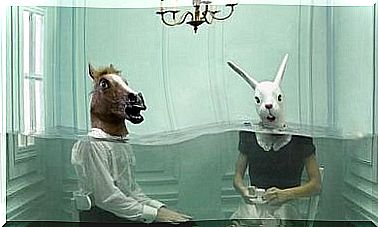More Parents Experience That Their Children Get Alzheimer’s

Several years ago, we always only thought that children should deal with this disease if it affected their parents. But the roles have changed. Nowadays, many parents have to take care of their children who suffer from Alzheimer’s.
Early Alzheimer’s also takes life
Jason was a young, lively and hardworking 36-year-old American. But barely a year after he had started writing notes on his hand to keep things in mind, he could not keep up with his plans. One day he even got lost on the way home to his house. And during the winter of 2012, he was no longer able to put up Christmas lights in his home.
He was very confused. He began to doubt everything and first decided to see a psychologist, who then referred him to a neuropsychologist. After many tests, the diagnosis was clear. Jason had Alzheimer’s when he was 36 years old. His life became short; he died in 2013.

The cases of Jason and Marie are not uncommon. Early Alzheimer’s takes the lives of many young people who have just started a family. People who have only just begun to achieve their goals. The suffering comes just as they look into the future full of hopes and dreams of what they may come to experience.
But this disease starts with passing forgetfulness and “normal” memory problems. These can be warning signs of a disease, with unclear causes.
Another important issue about Alzheimer’s is its origin. There are some controversies about what causes it, for not many people get it because of their genes or family history. But it is still something one should be aware of. Alzheimer’s can also be associated with a traumatic event, whether it is physical or mental, or type-2 diabetes.
Early warning signs of Alzheimer’s
“I do not remember what I was looking for.” “I quickly forget things.” “When people ask me why I asked the same thing twice, I feel uncomfortable and lock myself in the toilet to cry.” This is how the 54-year-old university professor, Carmen García, describes her experience with the disease.

The early warning signs can be very subtle. So much so that we might ignore them. But they deserve attention, for they may be the beginning of the early version of the disease. What should we pay extra attention to?
- Forgetting newly learned information, and a greater need for help remembering things (dates, events, etc.).
- Problems with concentration, problem solving and that things require far more time than they used to do.
- Problems driving or paying bills.
- Disorientation, whether with time or place.
- Problems using words. Not being able to find a synonym or say the word.
- Lack of initiative and mood swings.
Many parents feel overwhelmed when they find out that their child has the disease. Every time they think about it, they can not help but cry. Alzheimer’s is an extremely complicated disease and it still has no cure. Before it was only older generations who had to go through it, but now it is also the younger ones.









